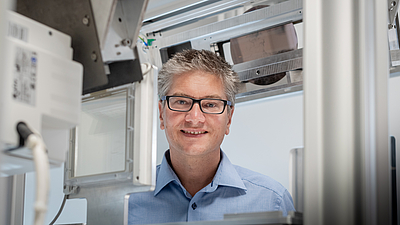
News Medical Image Processing & AI


Autonomous ultrasound systems
Avatar’s presence inspires trust

Faster diagnoses and shorter examinations
Artificial intelligence in medicine and everyday clinical practice
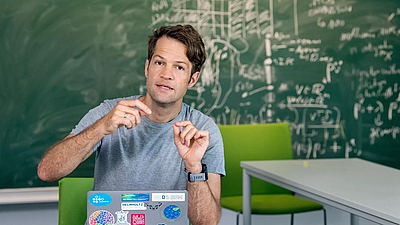
European Research Council funds Proofs of Concepts
Six ERC Grants for TUM researchers
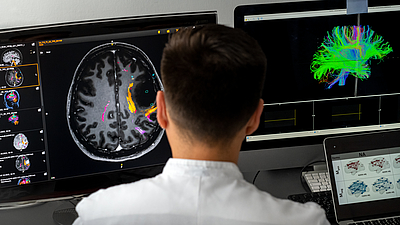
TUM Center for Structural and Functional Connectomics
New center for brain research on the Garching campus
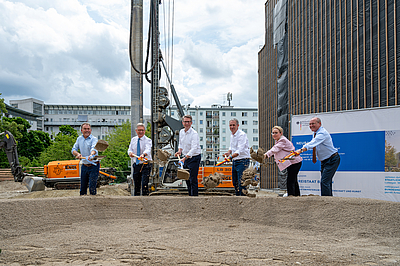
New infrastructure for pioneering research at the TUM University Hospital
Construction begins on new Center for Digital Medicine and Health
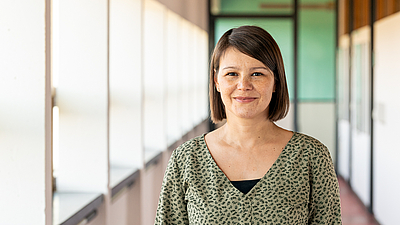
Neural Networks benefit from biological data
How artificial intelligence can learn from mice
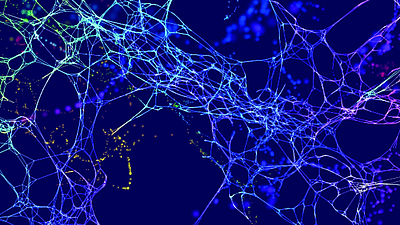
Artificial intelligence in biomedicine
A key to analyzing millions of individual cells
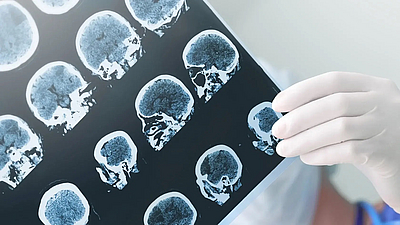
Algorithm for particularly precise assessment of brain damage
AI pinpoints stroke timing with high accuracy
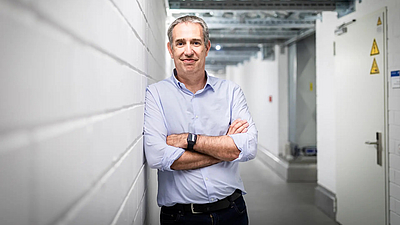
Most important German research prize for TUM professor
Medical AI researcher Daniel Rückert receives Leibniz Prize